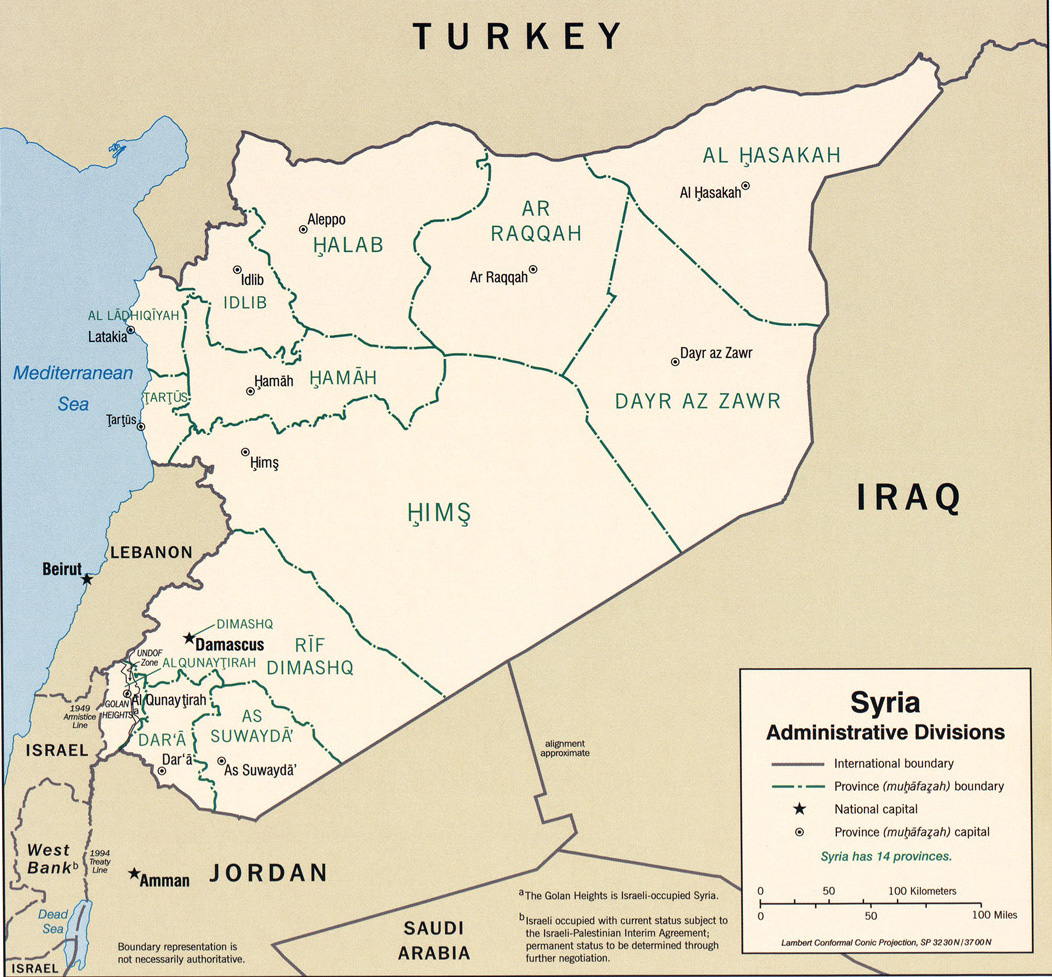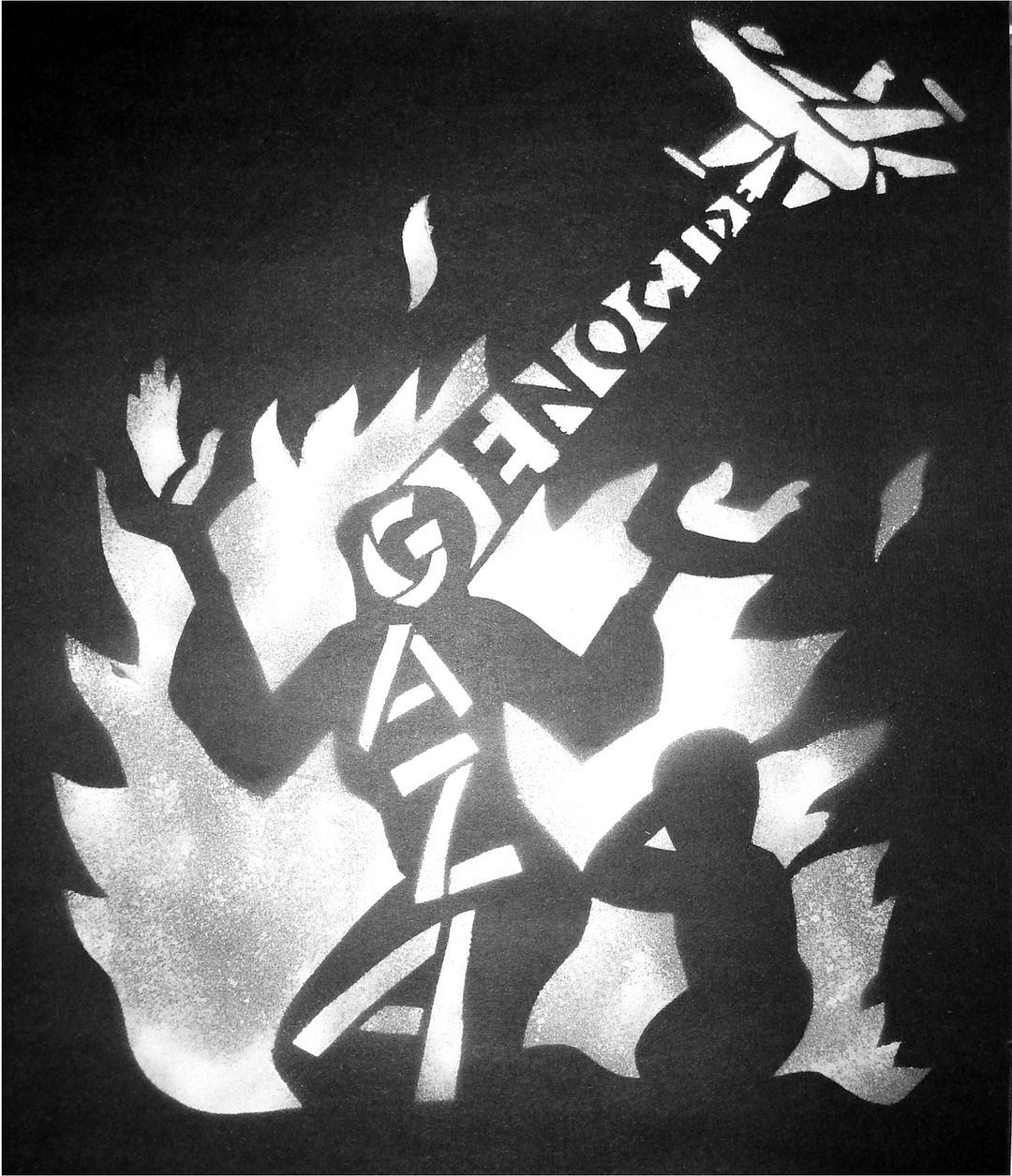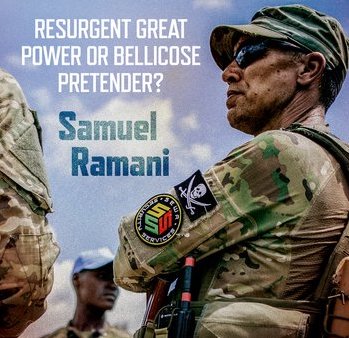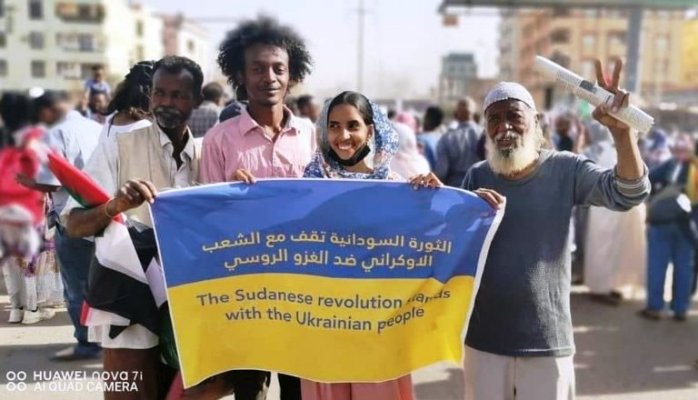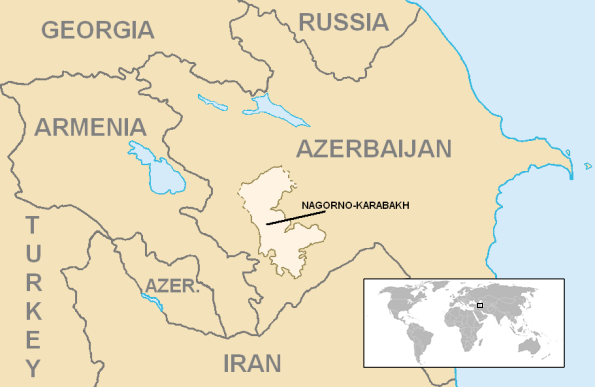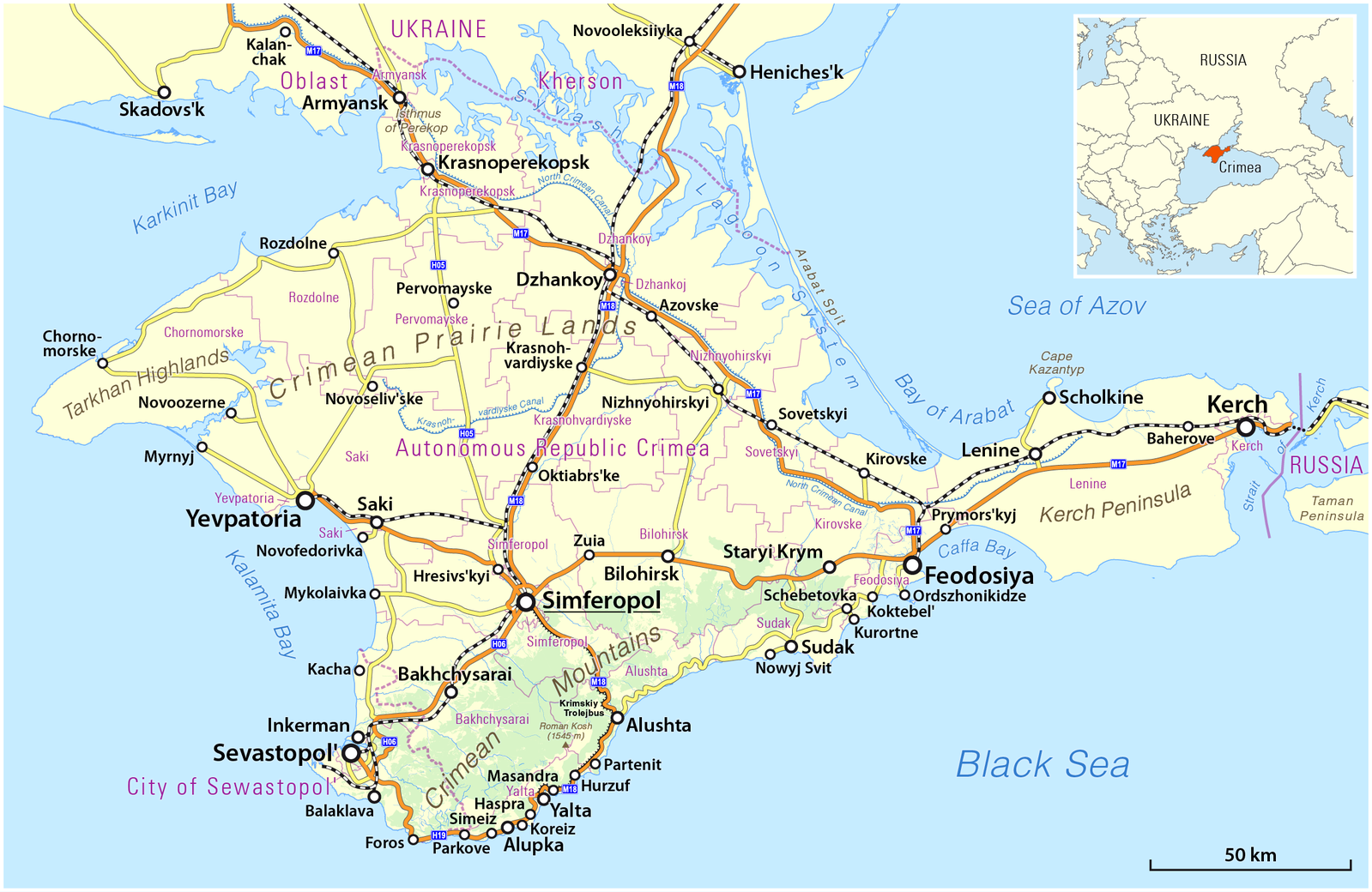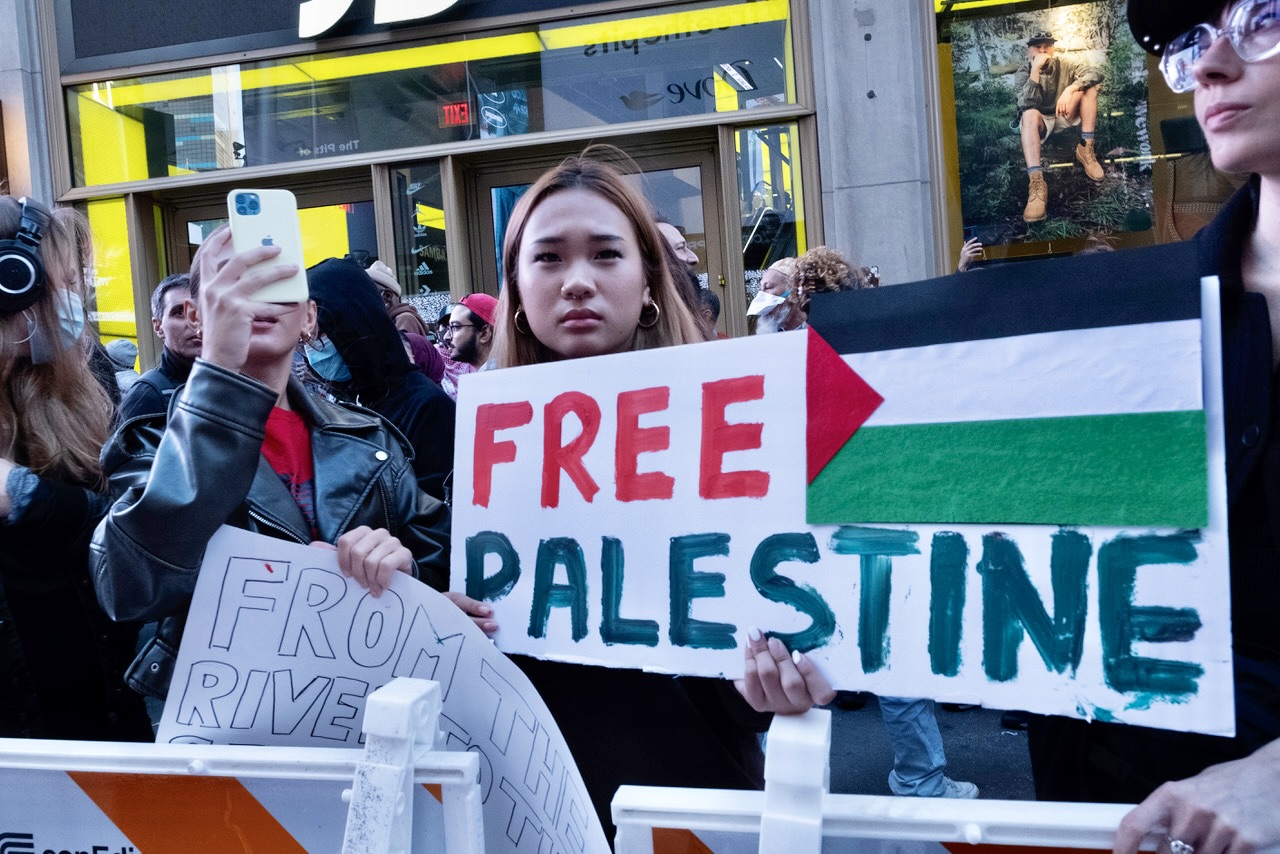
Ukraine & Palestine — forbidden symmetry II
In Episode 196 of the CounterVortex podcast, Bill Weinberg notes with alarm the police-state measures being put in place in place in Israel, as well as Germany, France and the United Kingdom to suppress protest against Israel’s criminal assault on Gaza, now approaching a genocidal threshold. This has obvious echoes of the draconian crackdown on anti-war dissent in Russia since the launch of the Ukraine invasion. The more Israel and its Western allies which are also backing Ukraine come to resemble the fascist state of Vladimir Putin, both in criminal military tactics and police-state measures to suppress dissent to such tactics, the worse it will to be not only for the Palestinians, but also in the long run for the Ukrainians. Listen on SoundCloud or via Patreon. (Photo: Q Sakamaki via The Village Sun)



